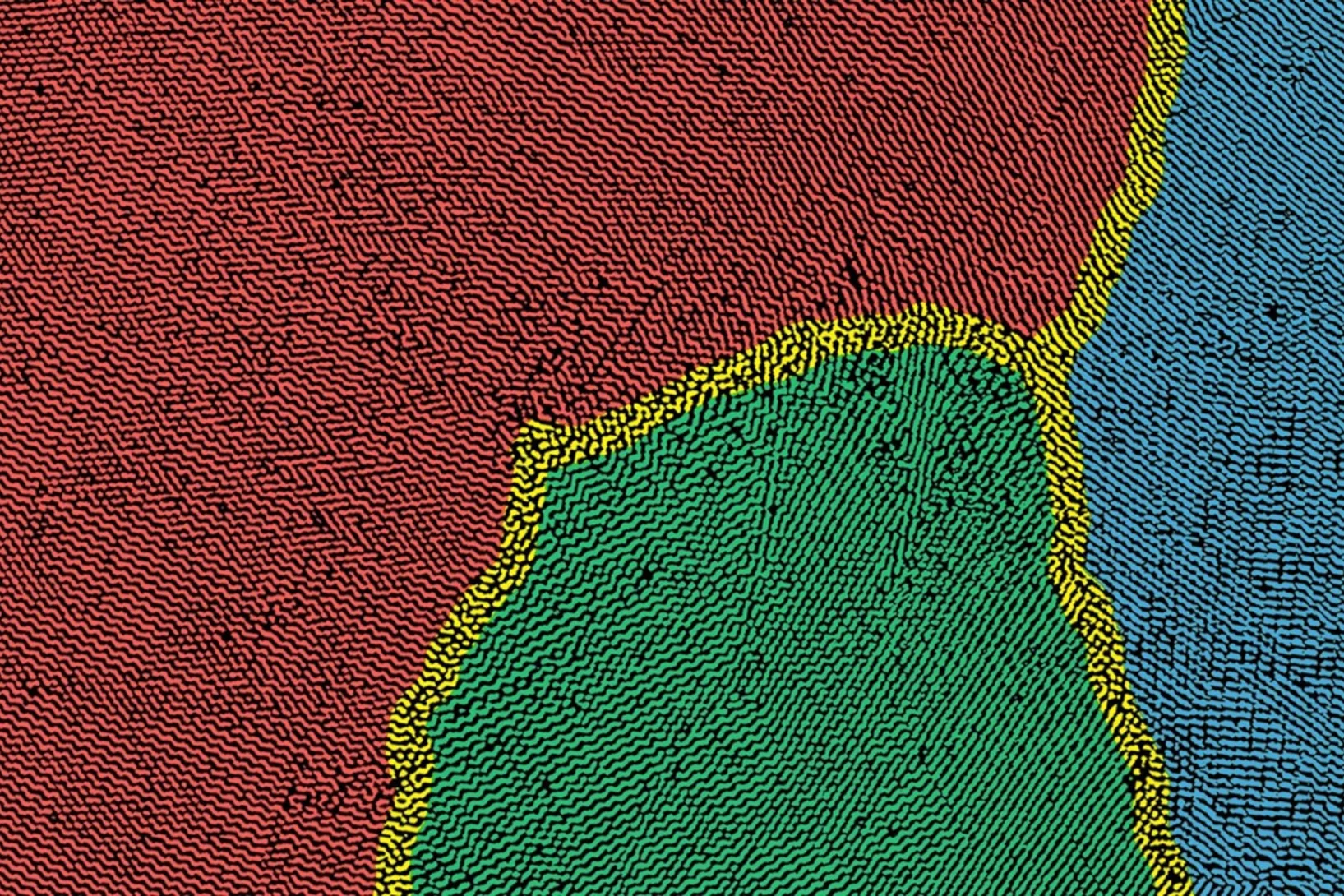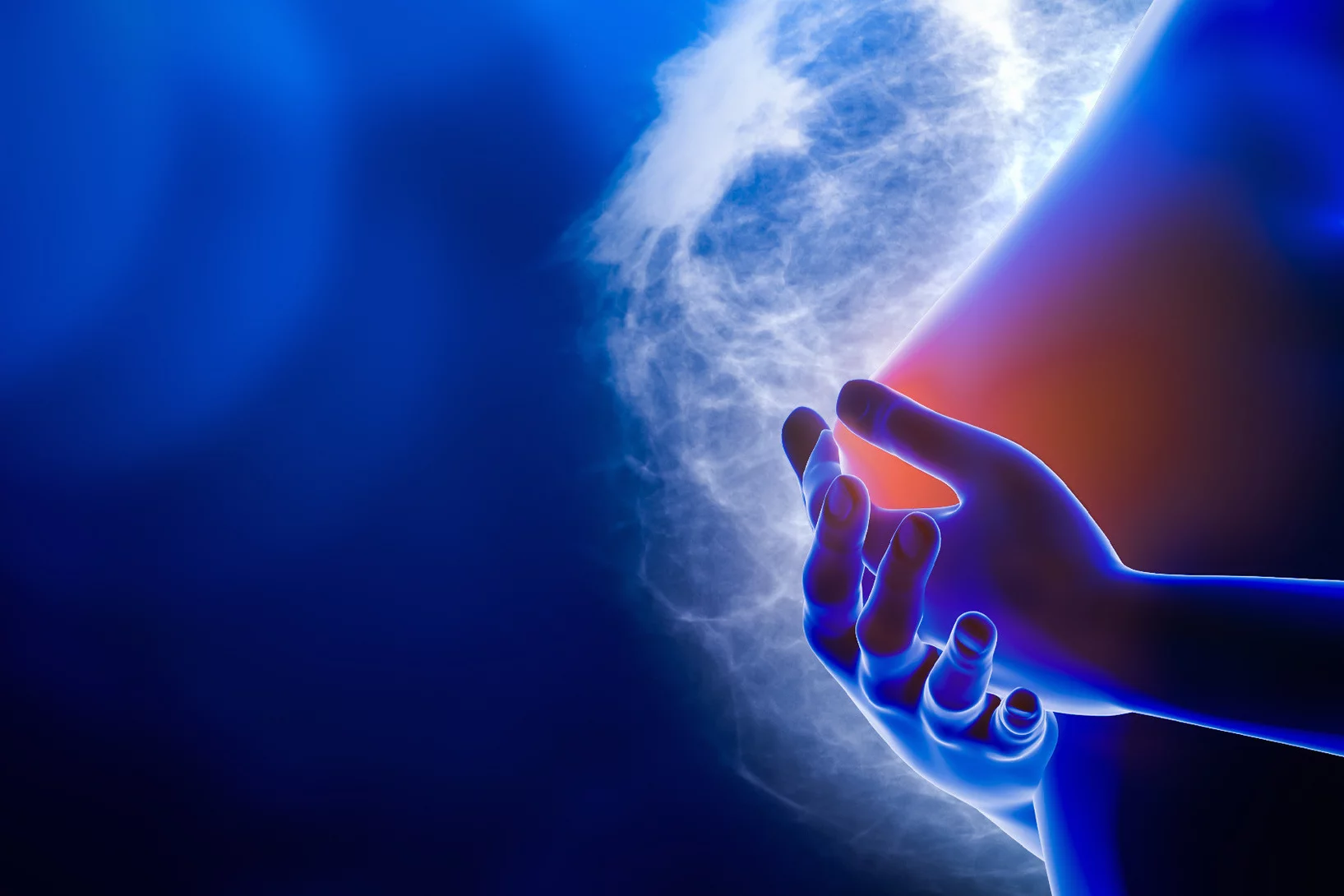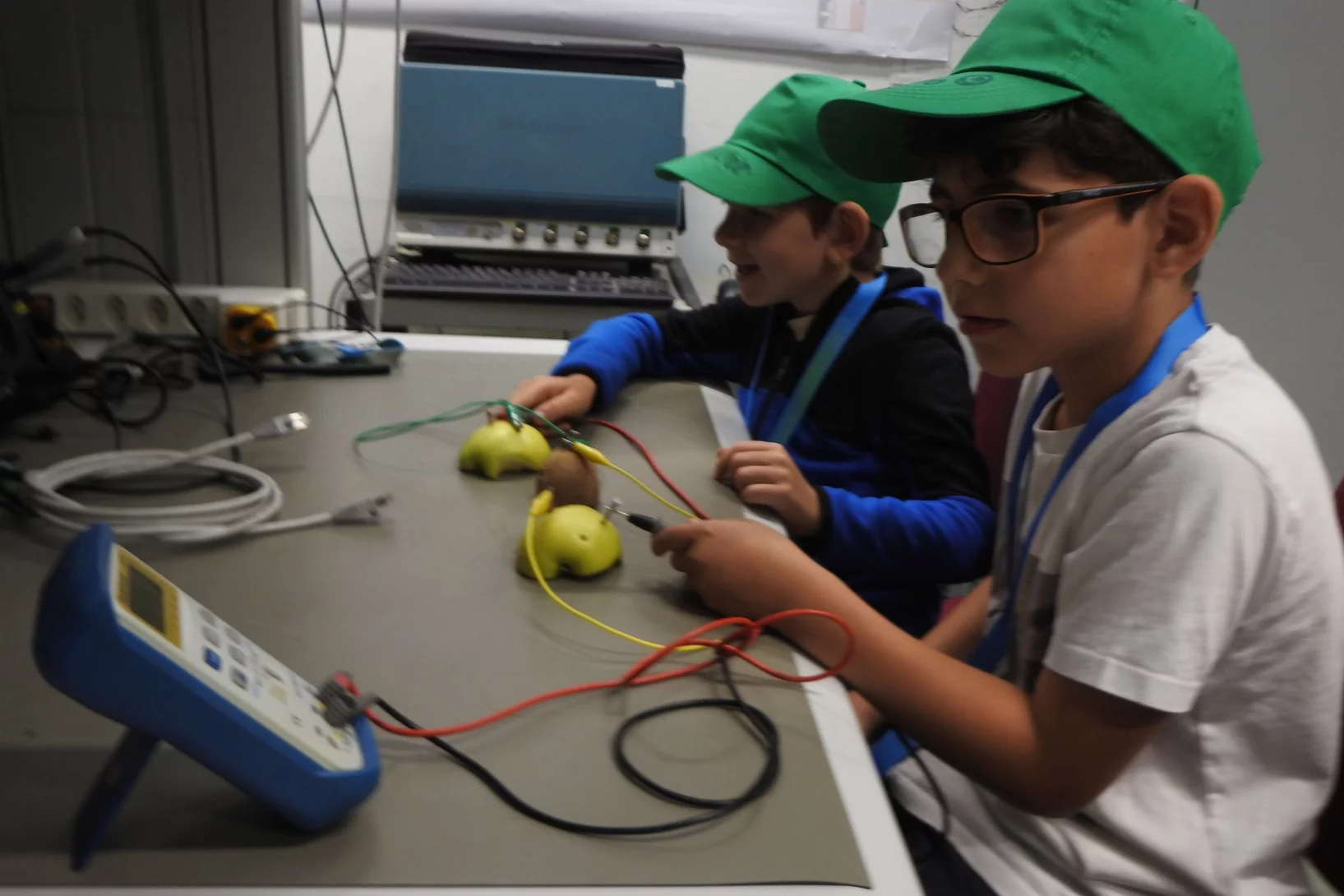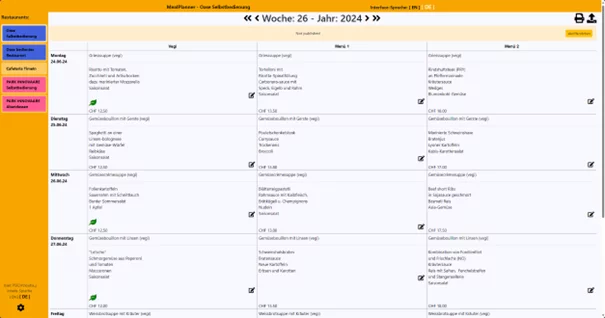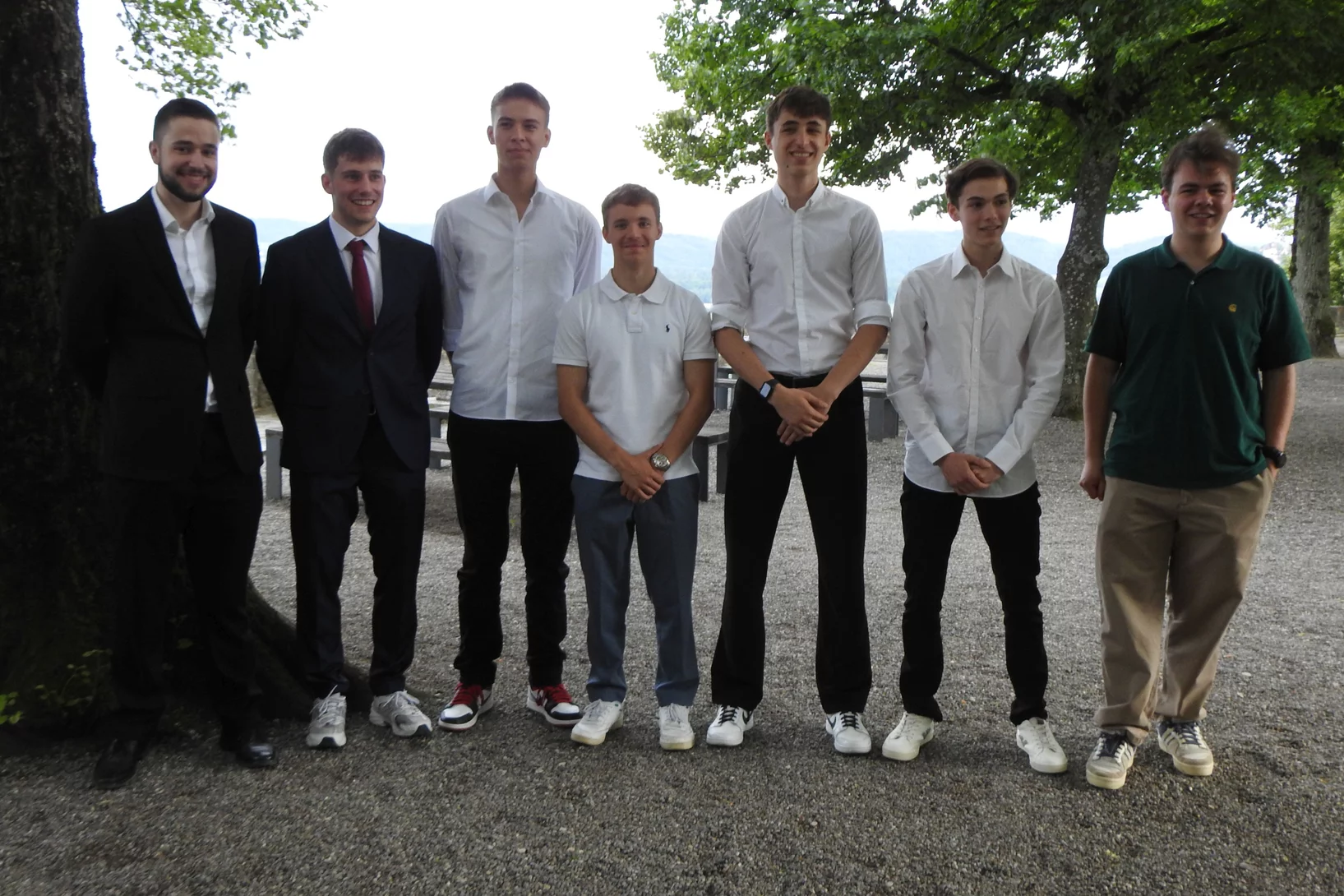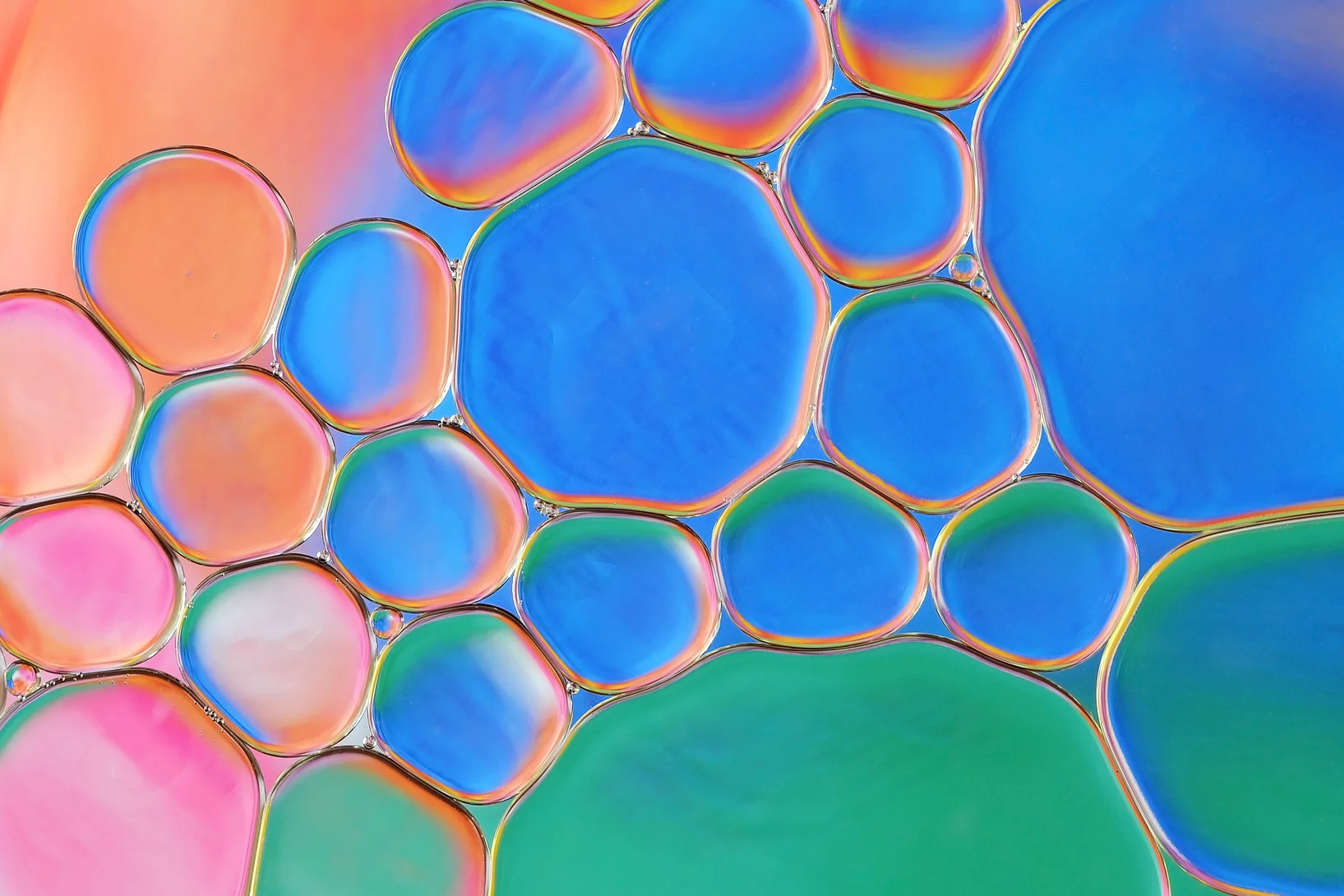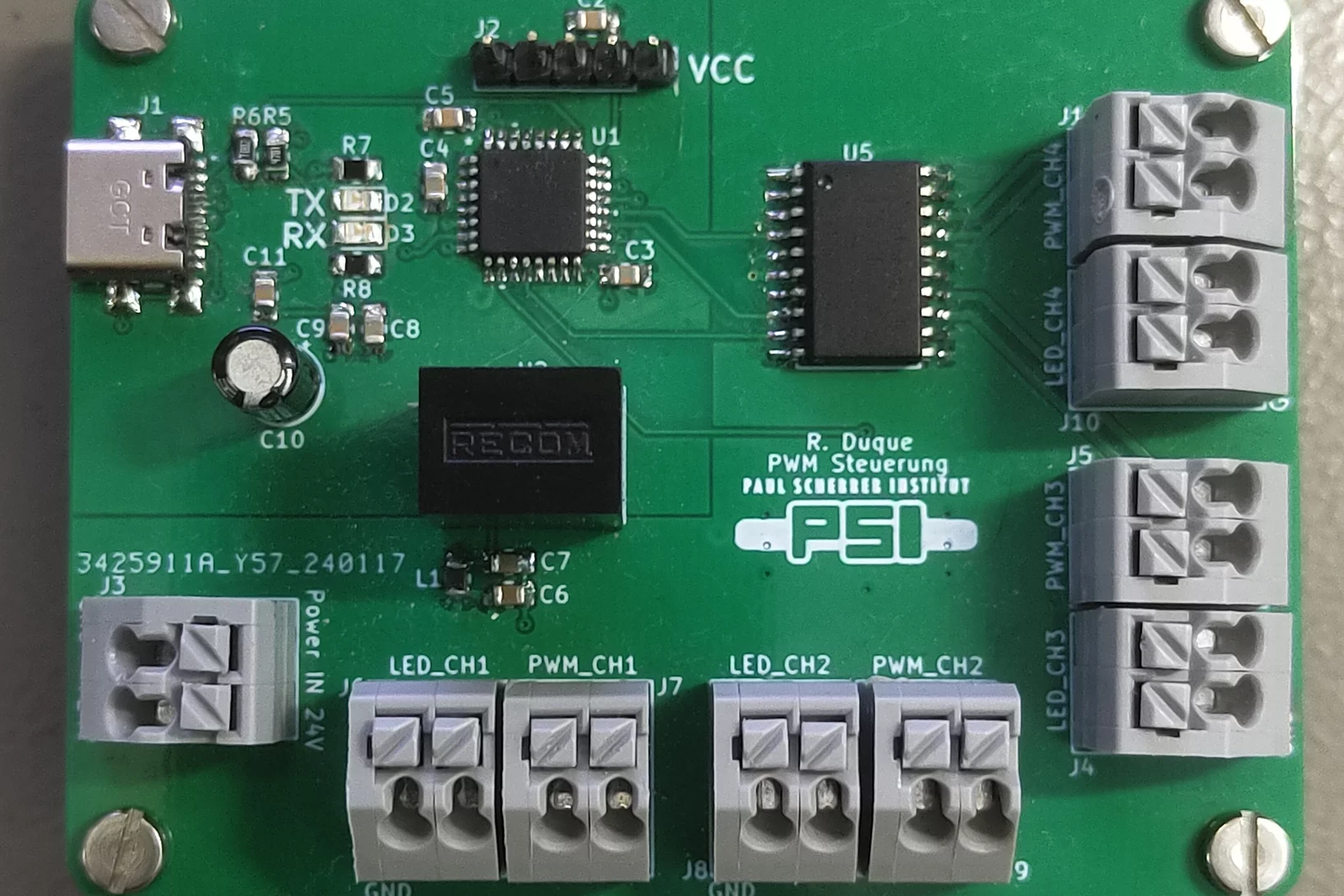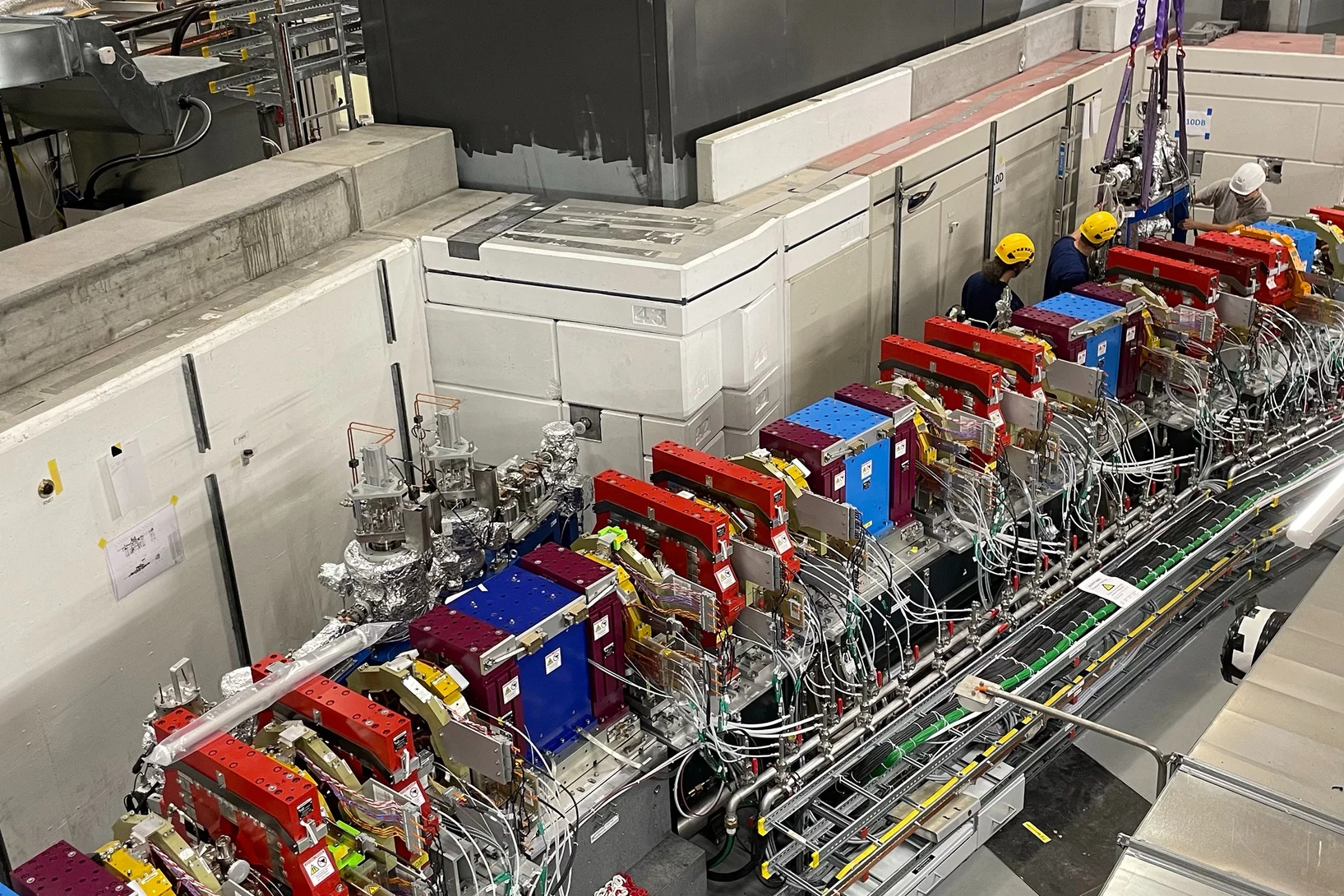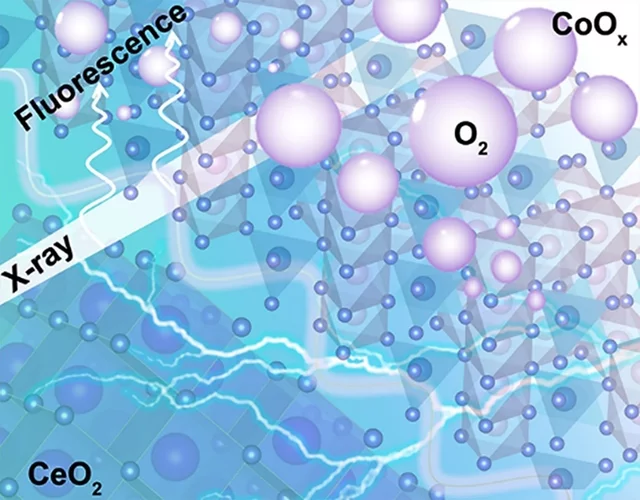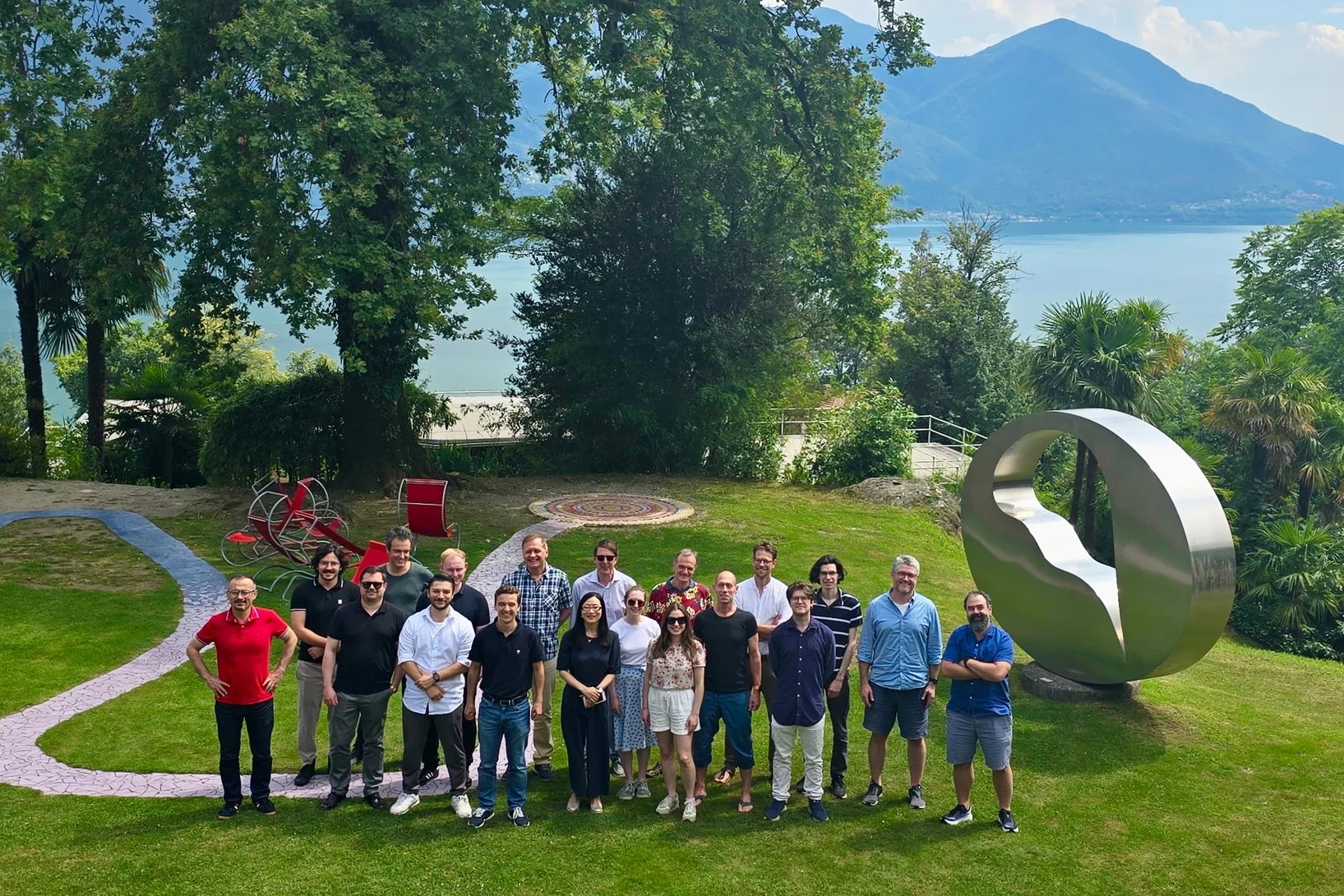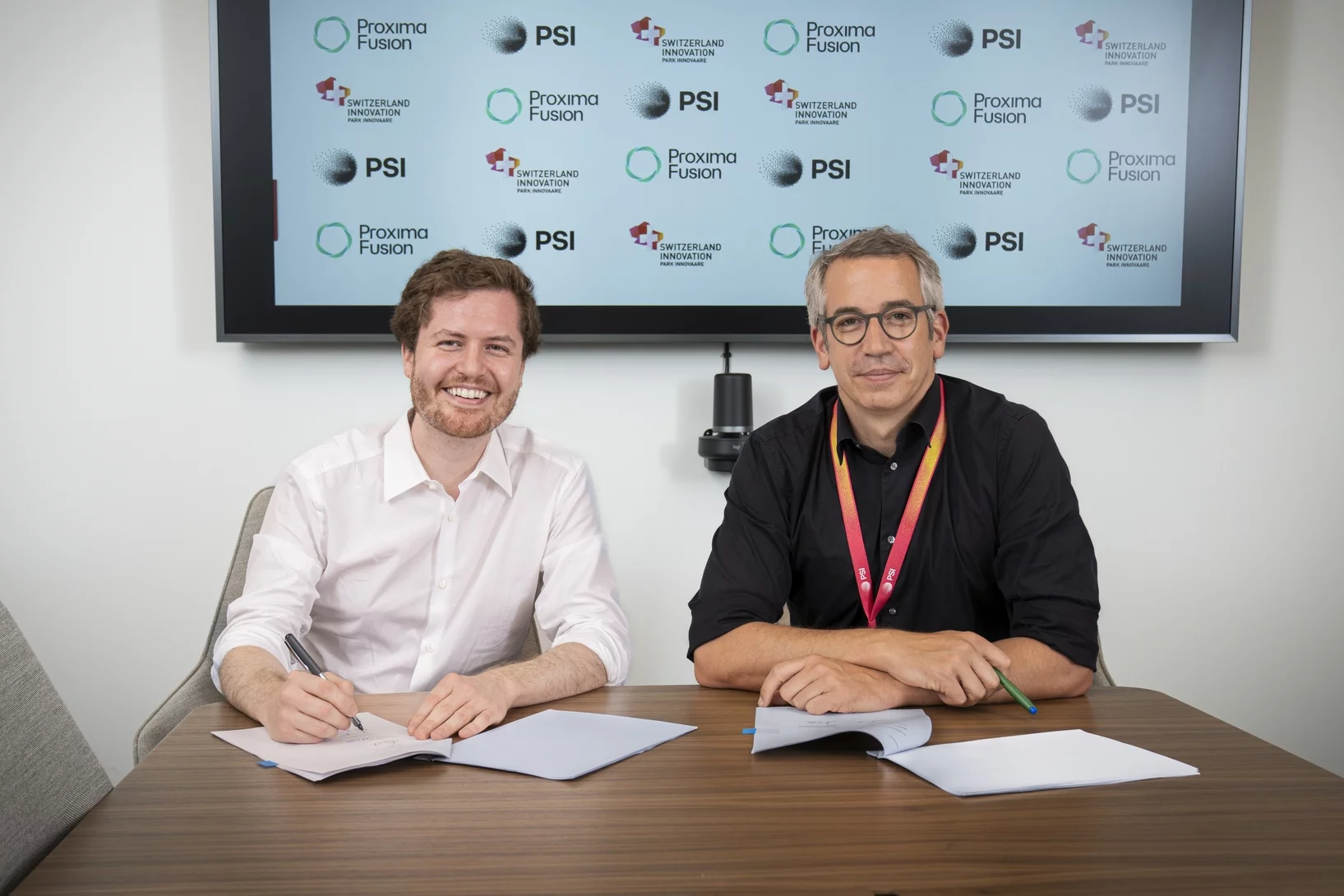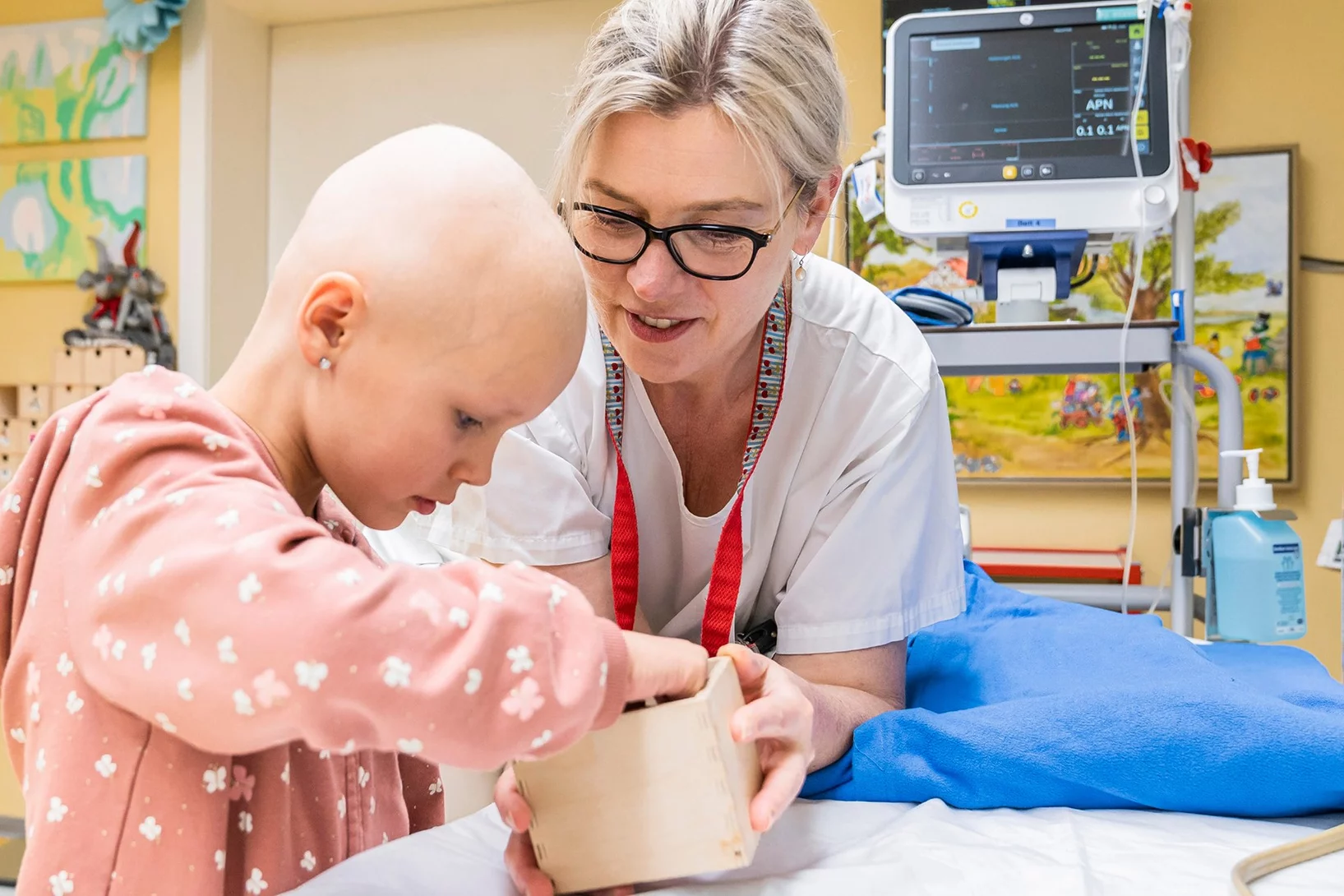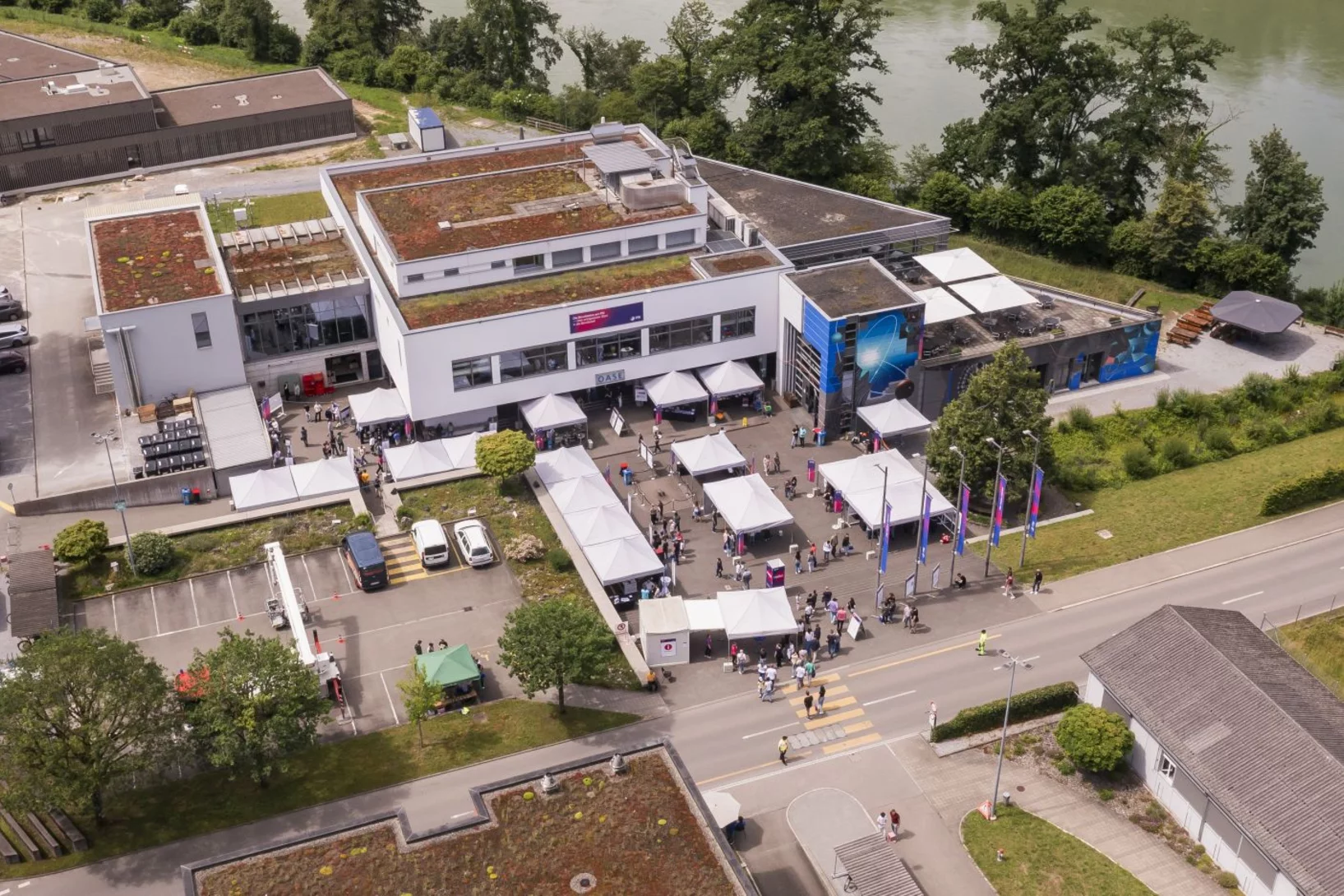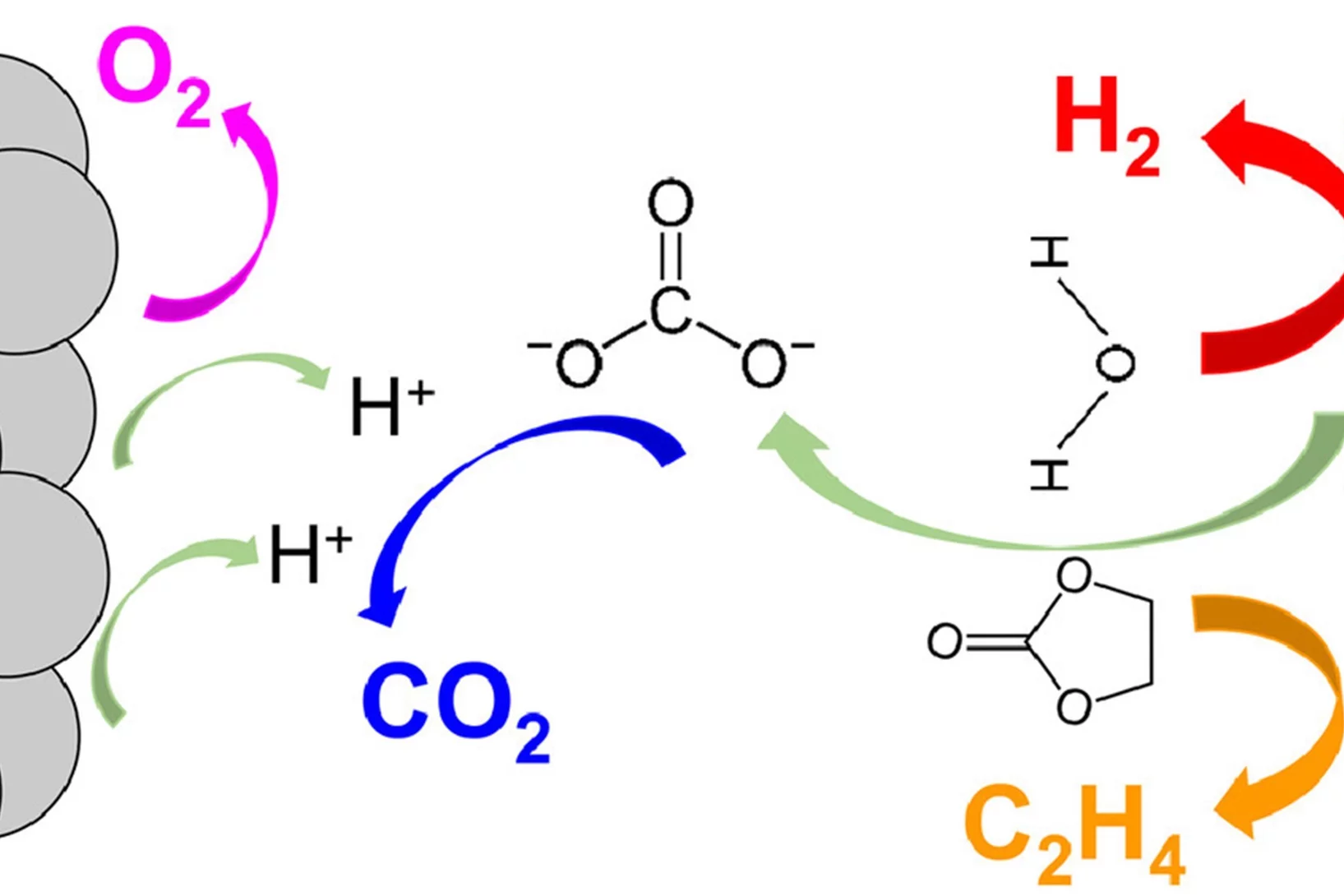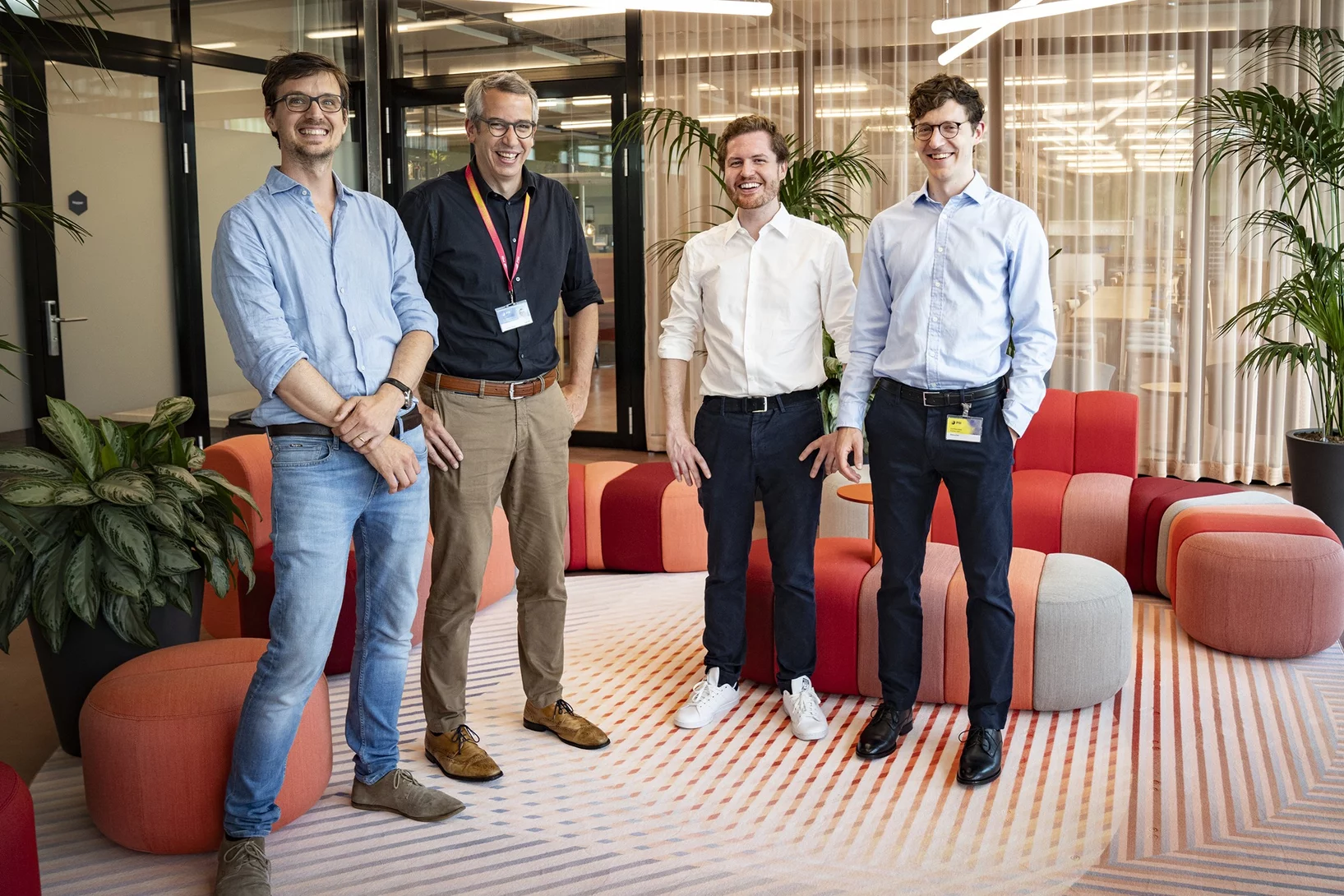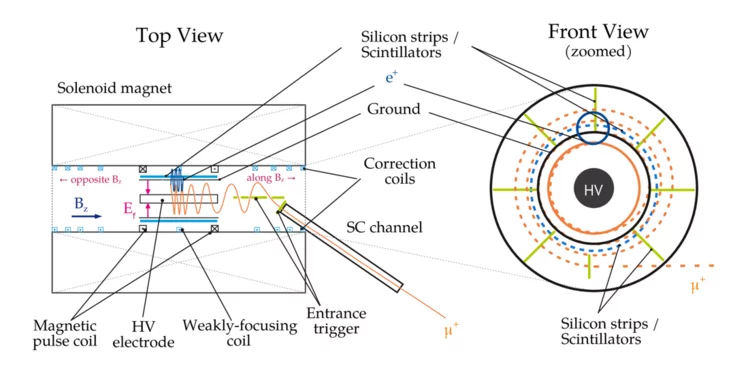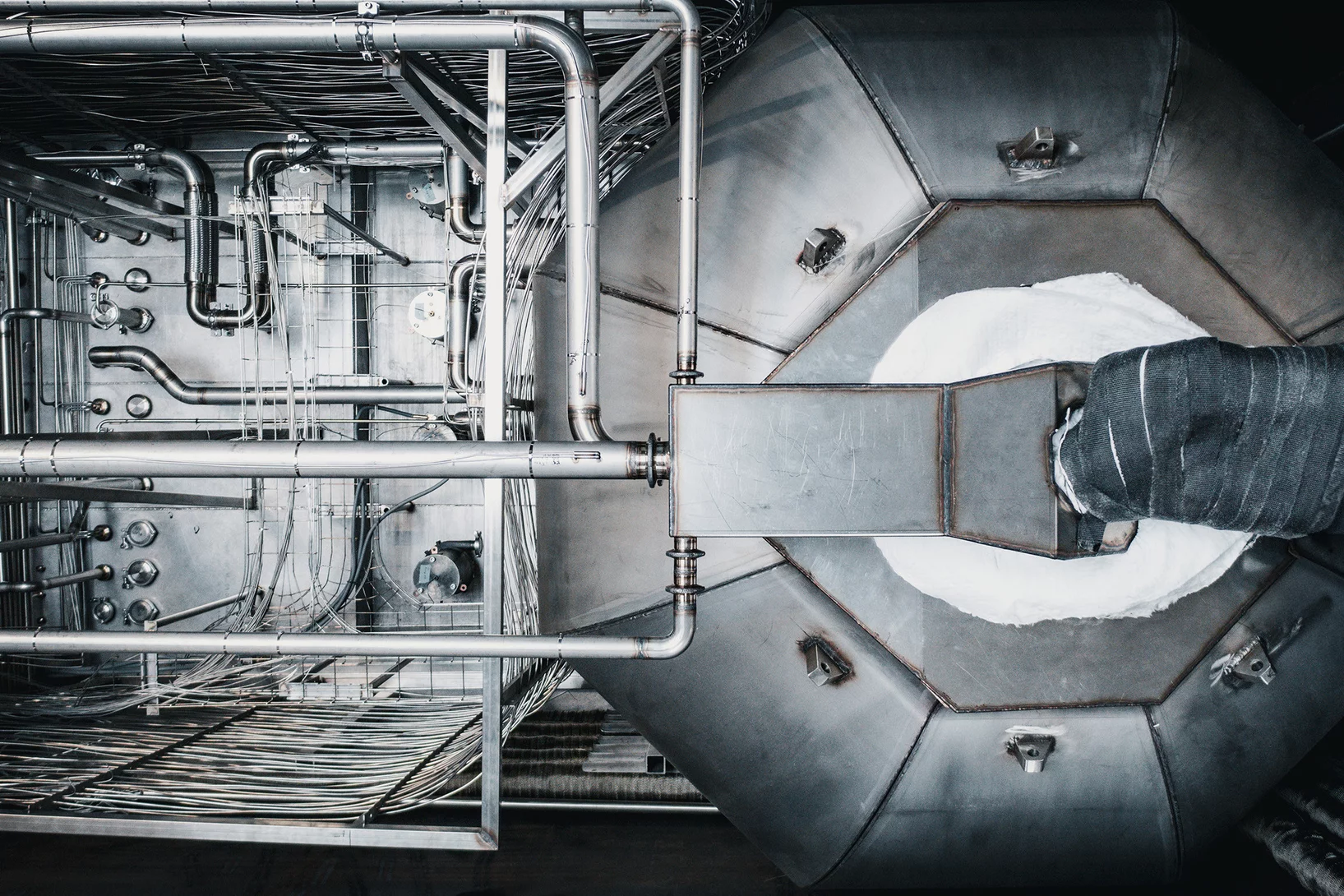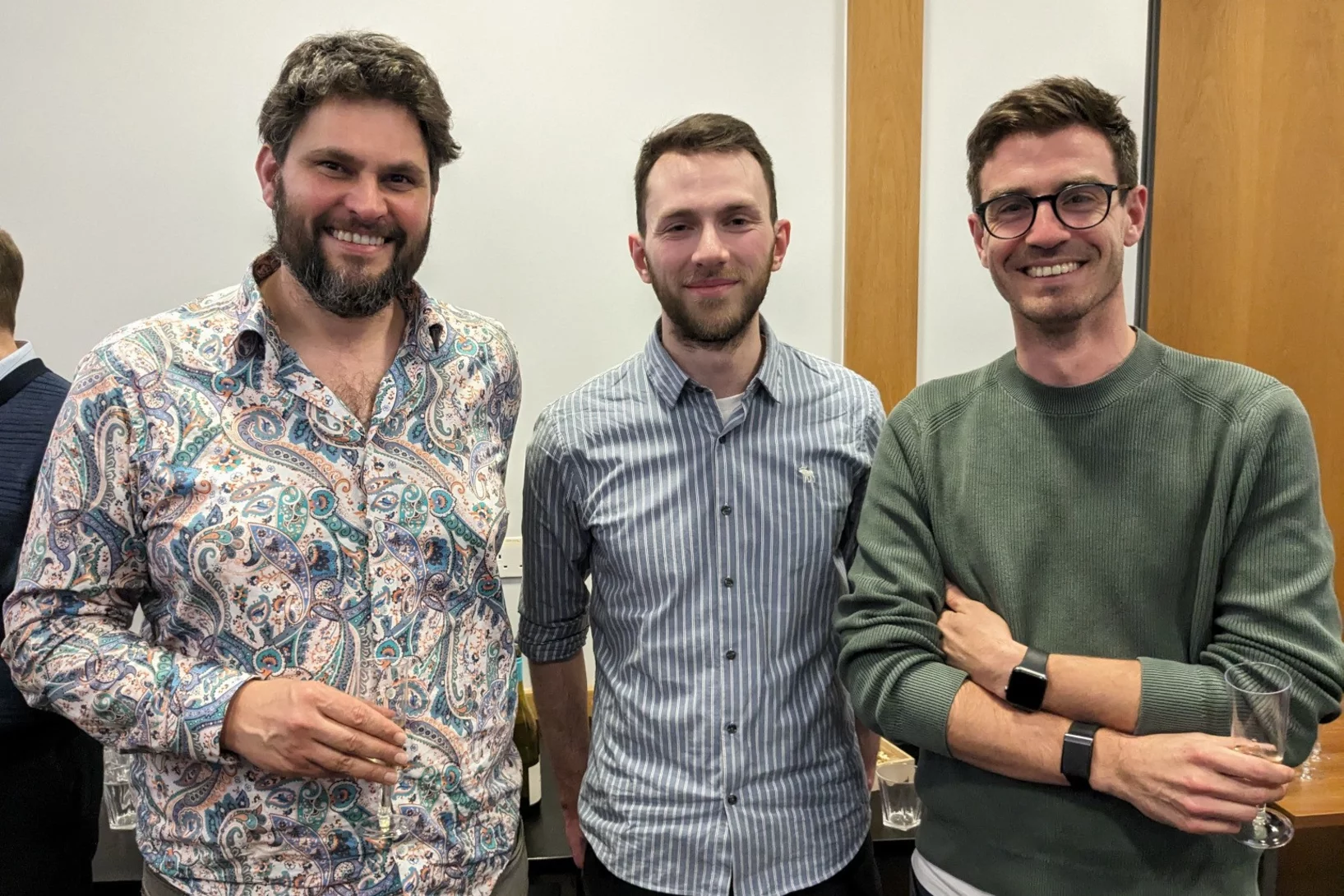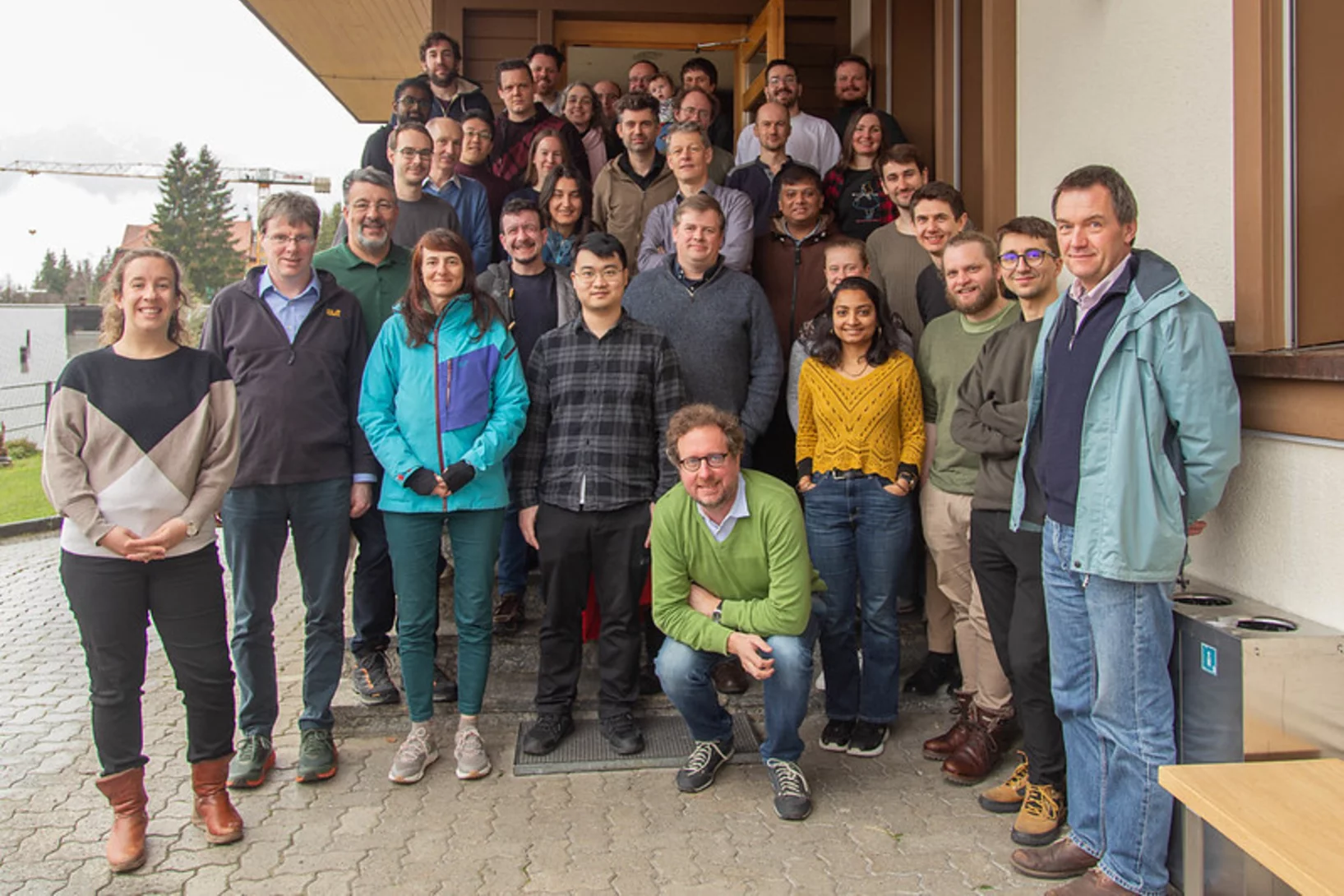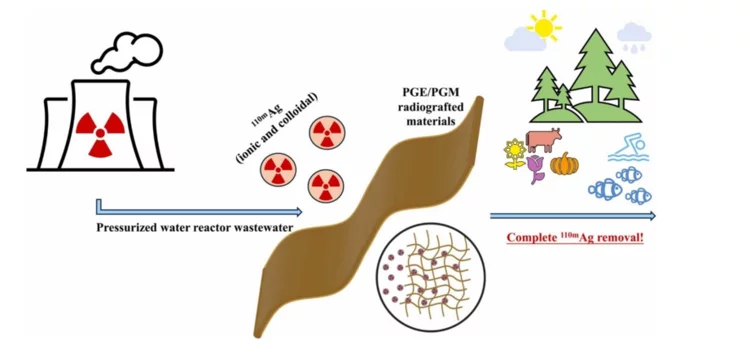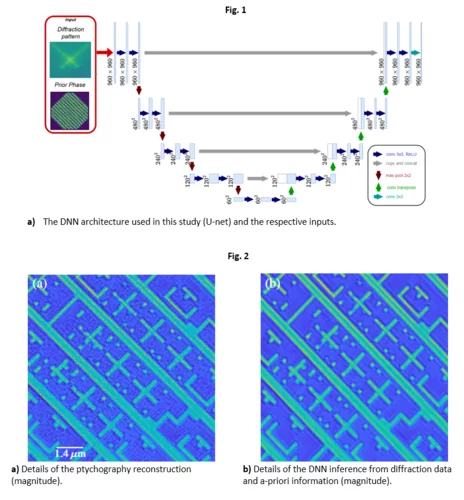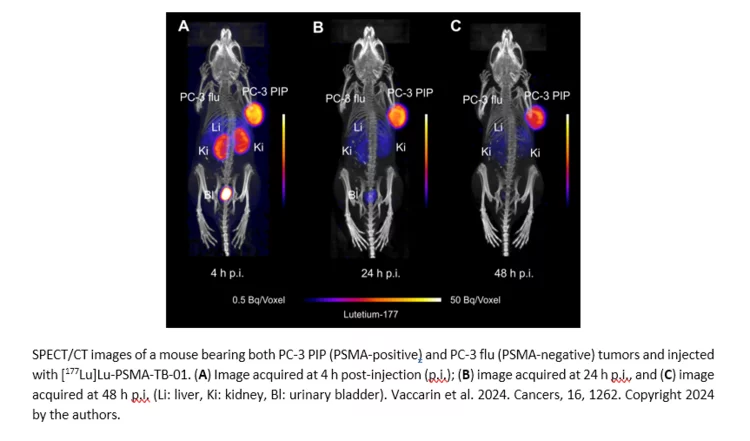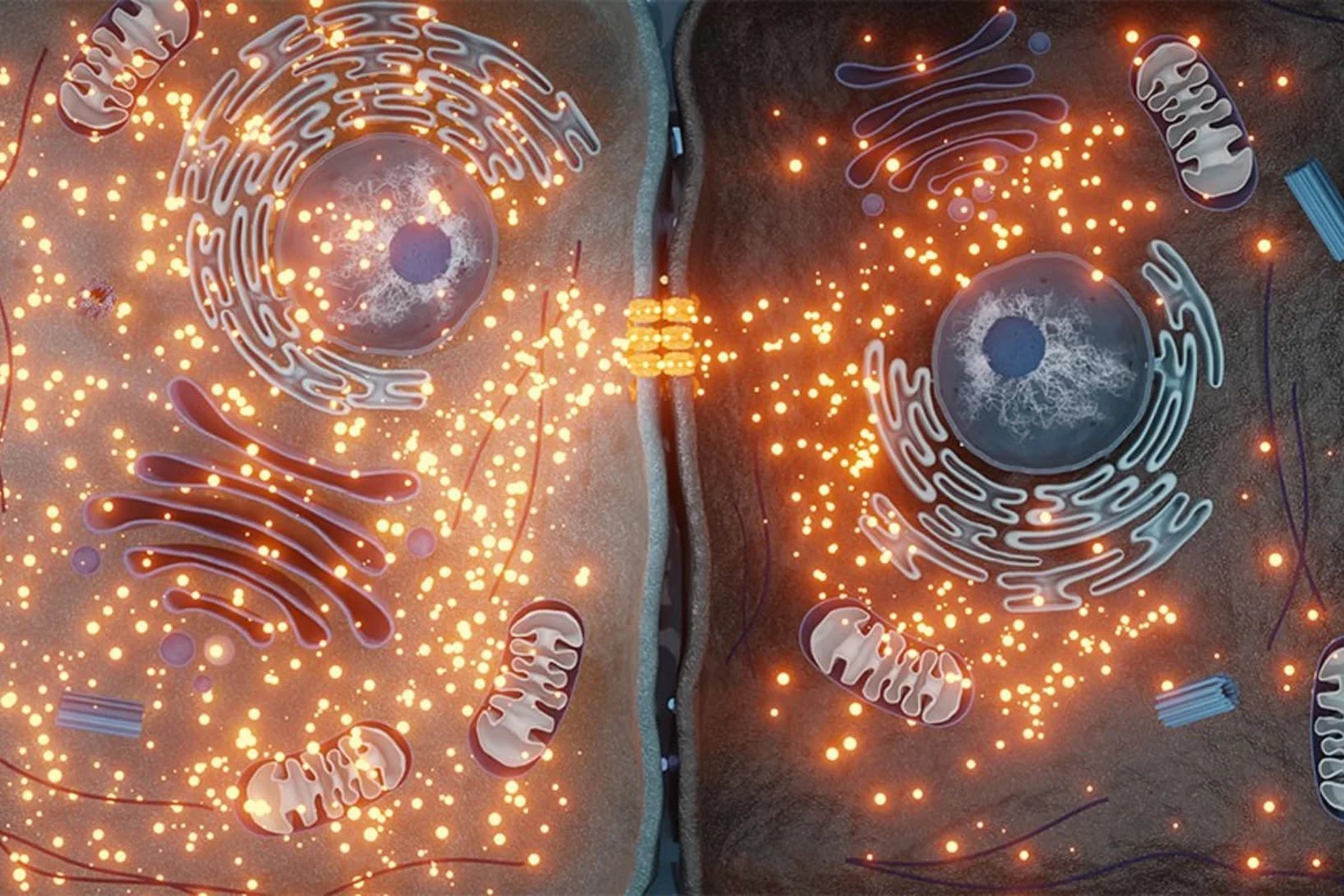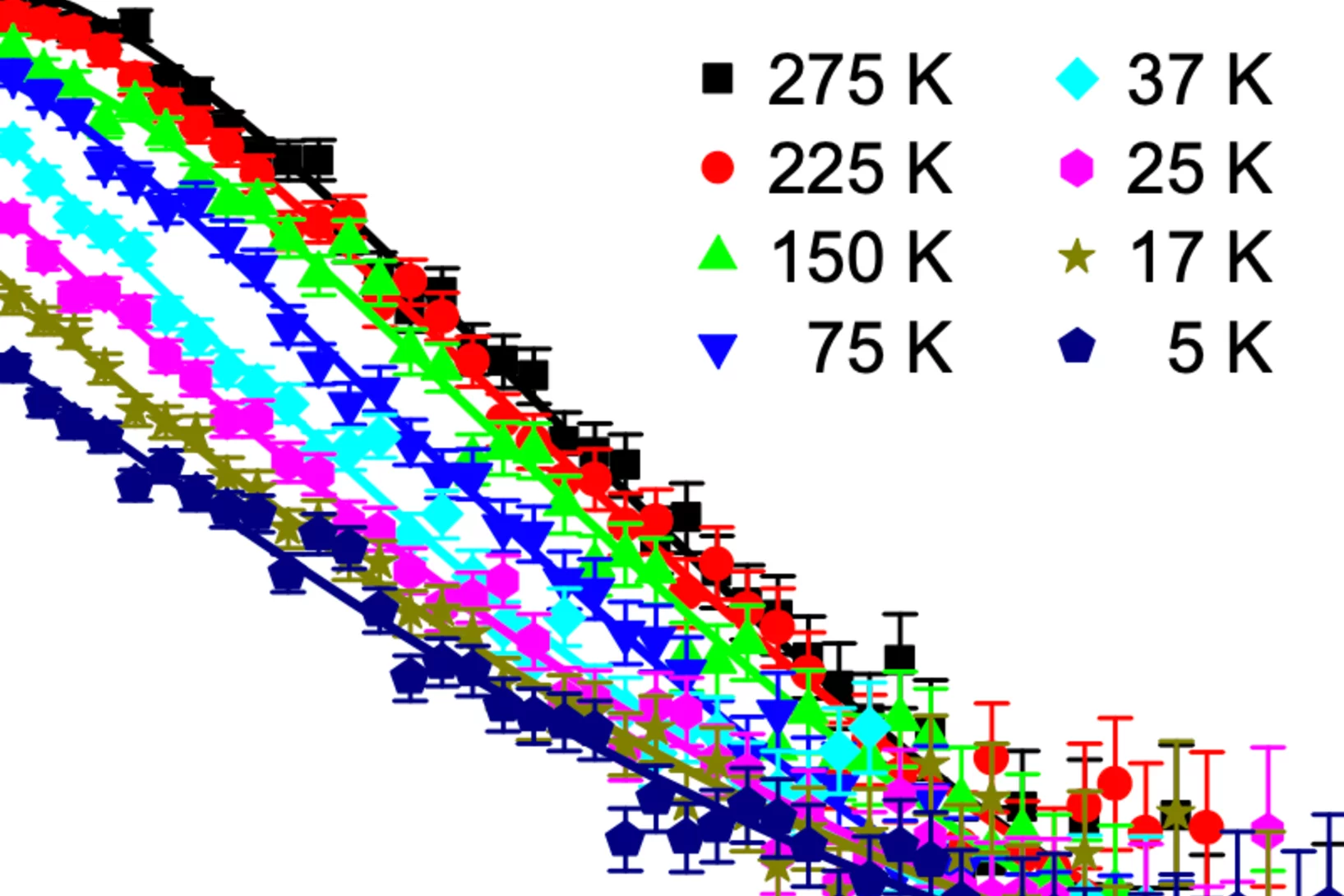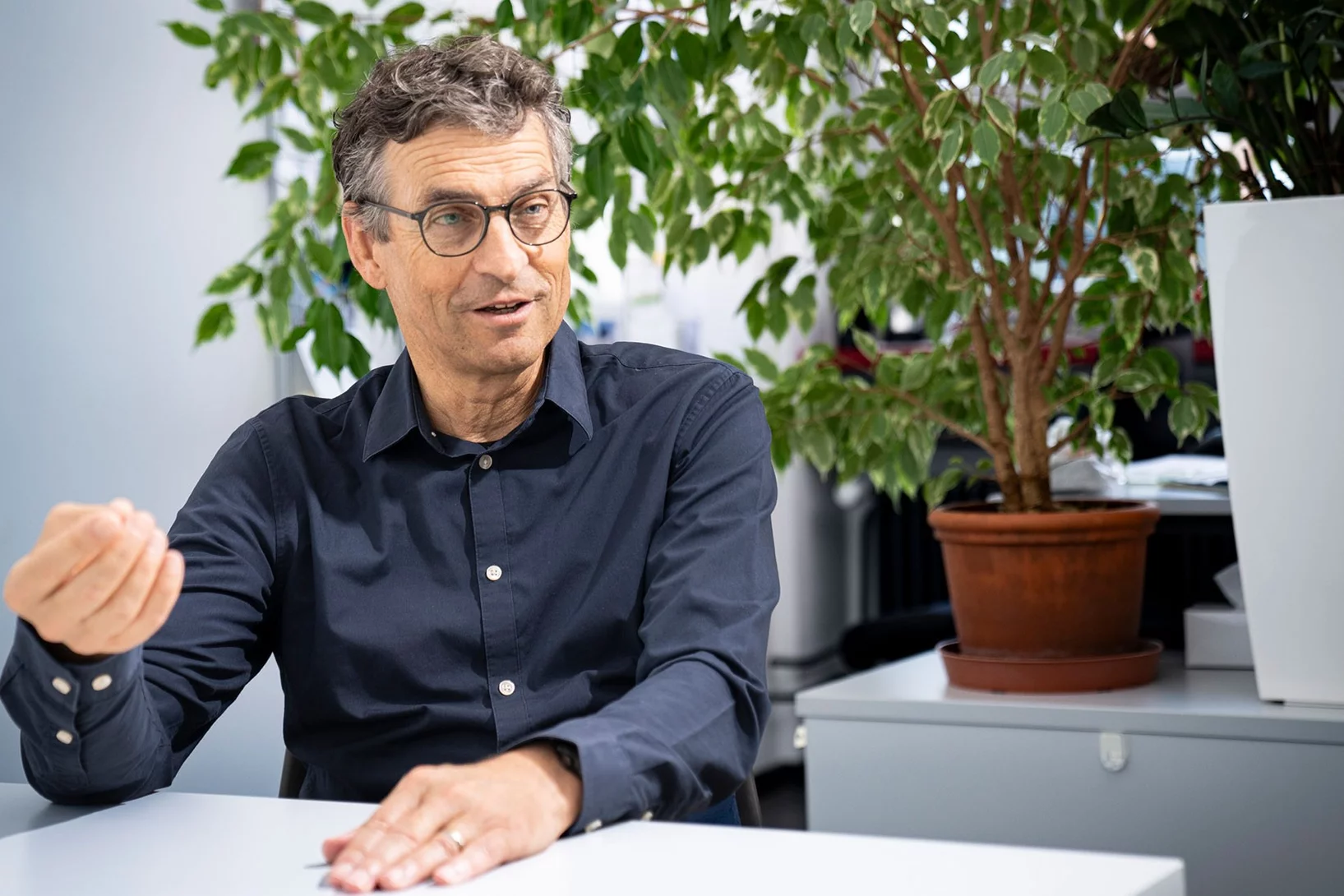Im Rahmen der jährlichen Swiss Innovation Plattform «open-i» im November in Zürich wird auch in diesem Jahr der «Swiss Technology Award» in drei Kategorien verliehen:
Erfinder: Sie haben bei Ihren Forschungs- oder Entwicklungsarbeiten einen Durchbruch erreicht und sind auf dem Weg, mit einem Prototyp die Funktionsfähigkeit Ihrer Idee zu zeigen. Ihre Priorität liegt schwerpunktmässig im Bereich der Technologie und noch nicht so sehr beim Businessplan
Start-ups: Sie haben die Umsetzung Ihrer Idee bereits mit einer Betriebsstruktur konkret in die Hand genommen. Ihre Technologie bzw. Ihr Produkt ist definiert, Prototypen existieren idealerweise. Sie haben sich eingehend mit den Finanzierungs-, Produktions- und Vermarktungsmöglichkeiten auseinandergesetzt und können einen soliden Businessplan vorweisen.
Industry Innovation: Sie sind eine etablierte Firma mit einem bestehenden und erfolgreichen Produkteportfolio. Durch Ihre F&E-Aktivitäten bringen Sie immer wieder neue, überzeugende Lösungen auf den Markt, welche klare Vorteile im Bereich von ökonomischer und / oder gesellschaftlicher / sozialer / ökologischer Nachhaltigkeit bringen. Durch neue technologische Entwicklungen, den Einsatz von neuen Materialien oder Verfahren und / oder allgemein eine bessere Ressourceneffizienz tragen Sie zur Lösung globaler Herausforderungen bei und erschliessen neue Märkte oder schonen Ressourcen.


